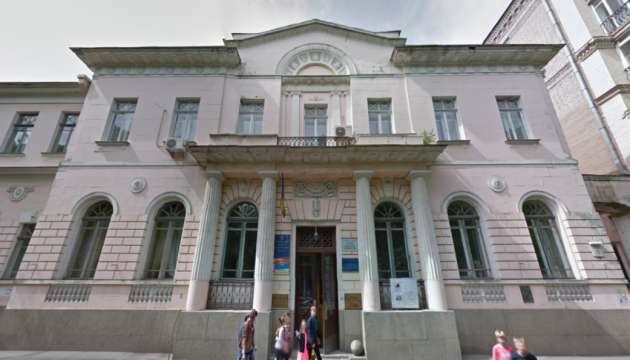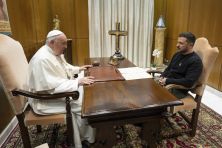A presentation of a video collection of memories of the occupation of Crimea by Russia, created by the Ukrainian Institute of National Memory, together with the Presidential representative of Ukraine in Crimea, took place in Kyiv.
It is reported by UA with the reference to Interfax-Ukraine.
“This is very important for us, because historical memory and the right to know the truth about events during armed conflict and occupation is one of the essential elements of transitional justice. And therefore, this track and these memories that we can see today are very important. Because time is ticking and this should not affect either the policy of the state, or the position of the international community, or the thoughts, memories and emotions of our citizens” – said Permanent Representative of the President of Ukraine in Crimea Anton Korynevych.
The head of the Institute of National Memory Anton Drobovych noted that the told stories can be used not only as evidence in subsequent trials, but also “in the horizon of eternity”.
“When, in 50 or 100 years, people want to study this period, they will have access to not only archival materials, international documents, court decisions, but also real stories of real people – what we now, for example, so much lack about the Ukrainian revolution of 1917 -1921, World War II – the human dimension of the historical process” – Drobovych explained.
The head of the Mejlis of the Crimean Tatar people Refat Chubarov noted that this work is very timely and will be truly appreciated in 10-20 years.
A video collection of memories of the occupation of Crimea was recorded within the framework of the oral history project “Crimea. Occupation” and is available for viewing on the website of the Oral History Archive of the Ukrainian Institute of National Memory.














